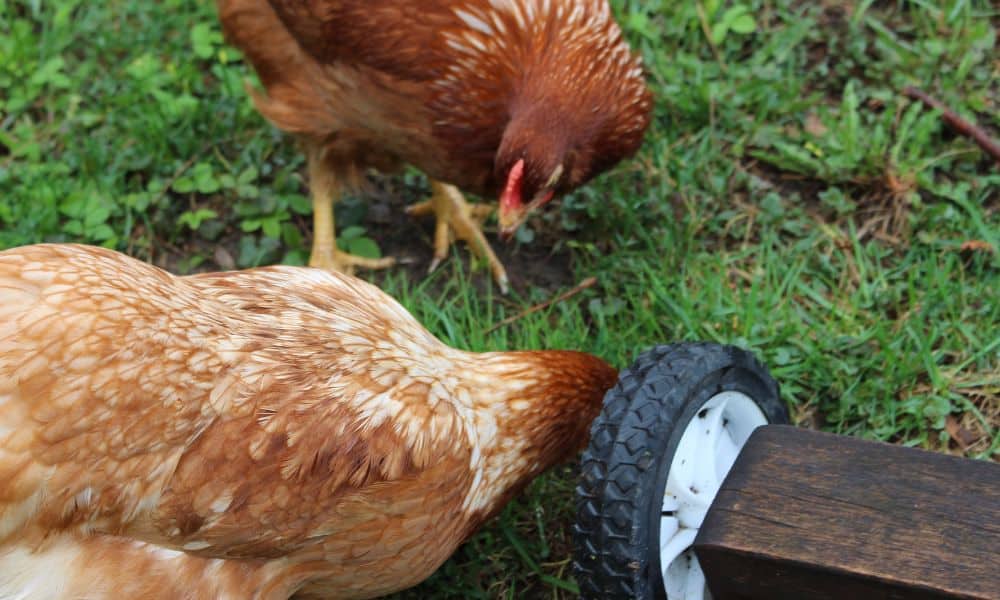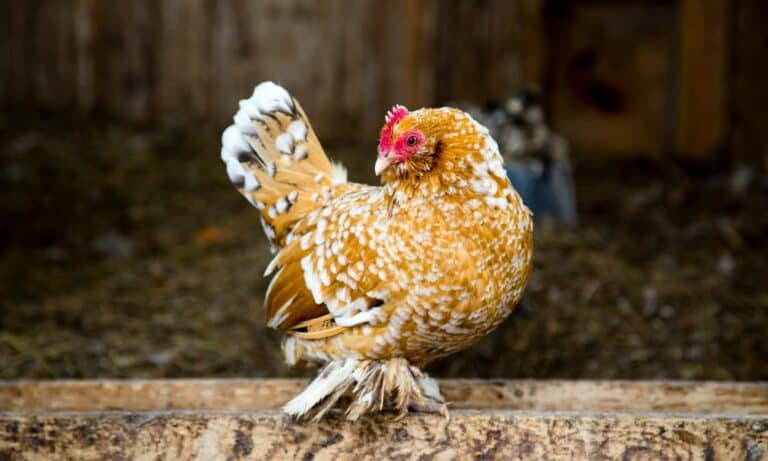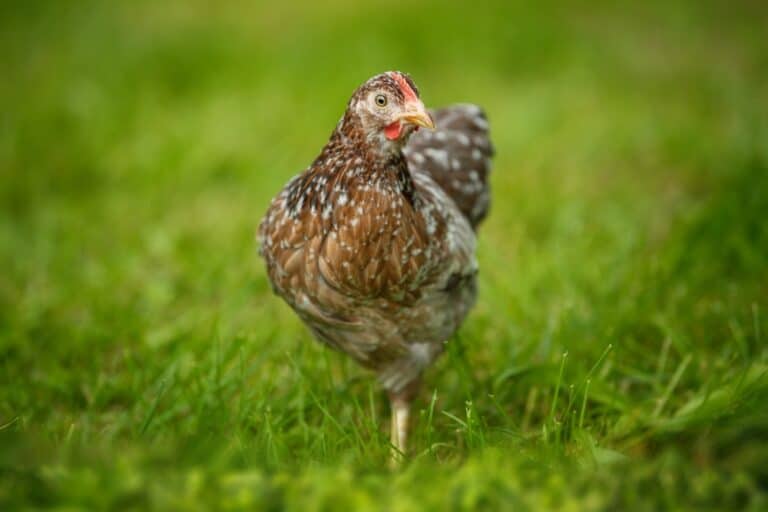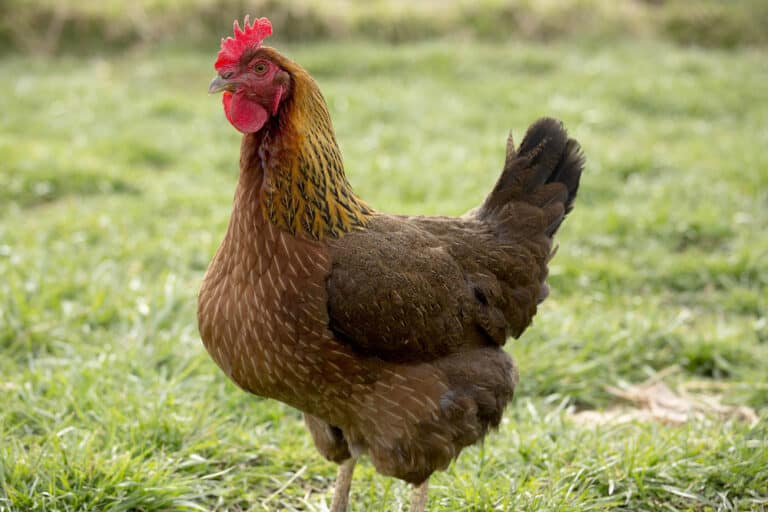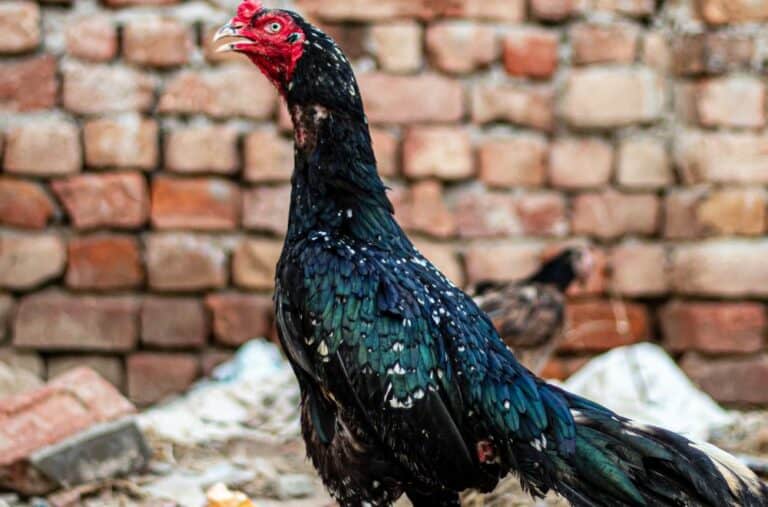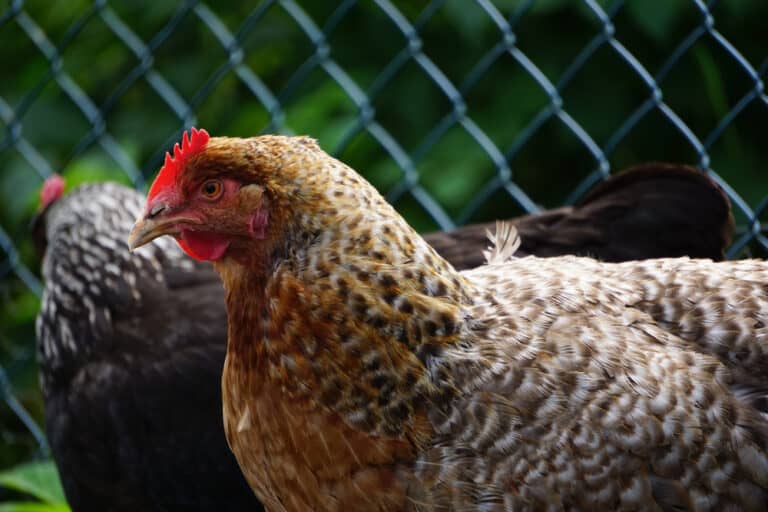Sometimes it is possible to see chickens laying soft eggs, but most owners have no clue about why this happens and what to do in such a situation. Many conditions can lead to soft-shell eggs, and there is no reason to worry when it happens once or twice.
On the other hand, the frequent appearance of such eggs is typically a sign of poor nutrition, inadequate living conditions, or bacterial infections. Since their shell lets through bacteria, including hazardous Salmonella, consuming these eggs is not recommended.
What Are Soft Shell Eggs?
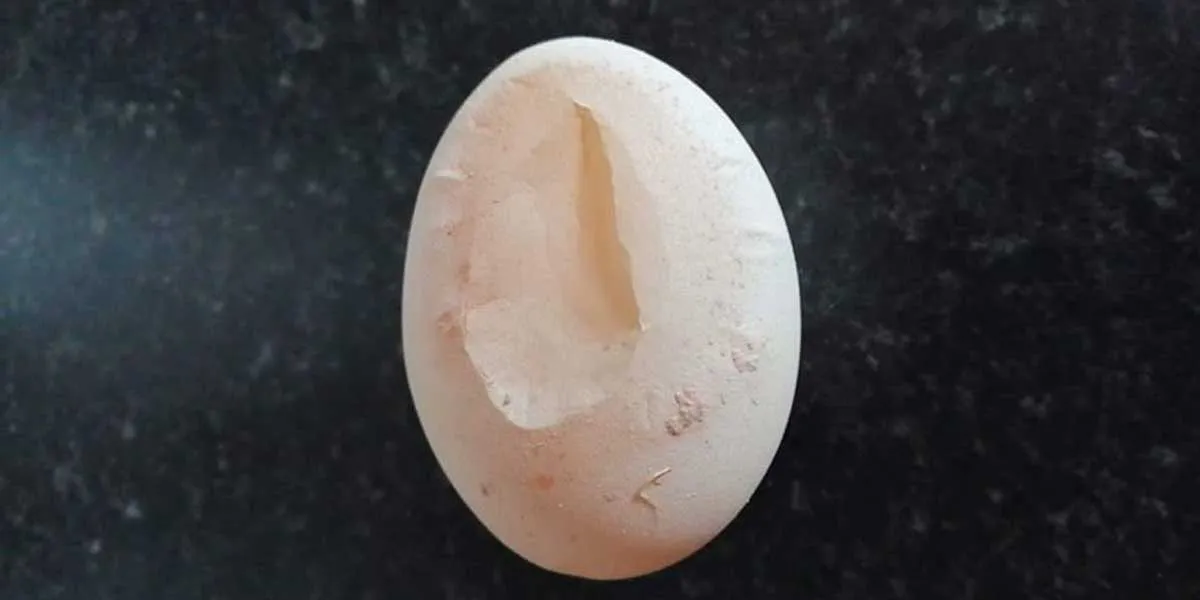
Soft-shell eggs are regular chicken eggs with abnormally thin and soft shells. They typically have a fragile or delicate membrane that keeps the yolk and egg whites together and may crack in the hen’s reproductive tract, damaging it.
You can sometimes find such eggs in the nesting box. Be careful with manipulating it since it may crack when pressing a finger into it. The primary thing to do when noticing such eggs is to find a reason for such a thing and solve the problem.
Reasons Hens Lay Soft Shell Eggs

Soft-shell eggs occur when there is a problem in the twenty-hour creation process in the shell gland. When something goes wrong, you can find a broken egg or piece of membrane in the chicken coop or see membrane remnants protruding through a vent.
Reasons for hens to lay such eggs are numerous. When only one hen has this problem, it is related to its health condition. Once when more hens start laying soft-shell eggs, they face an external issue. Let’s see.
1. Hens’ age and a laying period
When pullets lay their first eggs, they are typically small and with a thin shell primarily because of immature shell glands. However, it is a one-time problem, and there is no need to worry about it.
Once their reproductive systems develop and become mature, the problem disappears. Adding some calcium to feed often speeds up the process.
On the other hand, old hens sometimes lay soft-shell eggs when their metabolism slows down, and calcium mobilization from medullary bones reduces. These are often the first signs that hens have finished their egg-laying periods.
2. Stress
As you can guess, stress is often a primary reason for soft eggshells, particularly in a period before the yolks come to the shell gland. The rule of thumb is that abnormalities are more significant when the stress level is higher.
Besides excitable chickens that often produce eggs with thin and soft shells, you can recognize four stress types responsible for this condition, including:
Environmental stress – Numerous things may cause this type of stress, such as:
- Overcrowding
- Lack of space in a too-small chicken coop or run
- Moving to a new environment or flock change
- Pecking
Heat stress – Hens hardly stand the high heat in summer because they don’t have effective cooling mechanisms to cope with the heat effortlessly. Lack of fresh water, appropriate ventilation inside the coop, and shadow space in the chicken run when temperatures exceed 90 F (32.2 C) often result in soft-shell eggs.
Predator stress – It includes a wide range of bullying, regardless of whether the cause of stress is another chicken, your pet, or wild animals. In this case, the reason is feeling insecure, leading to the production of eggs with abnormal shells.
Roosters stress – Disproportion in the number of roosters and hens can be highly stressful for females. Take care to pair one rooster with 8 to 10 hens to prevent over-mating that leads to this stress type.
3. Diet
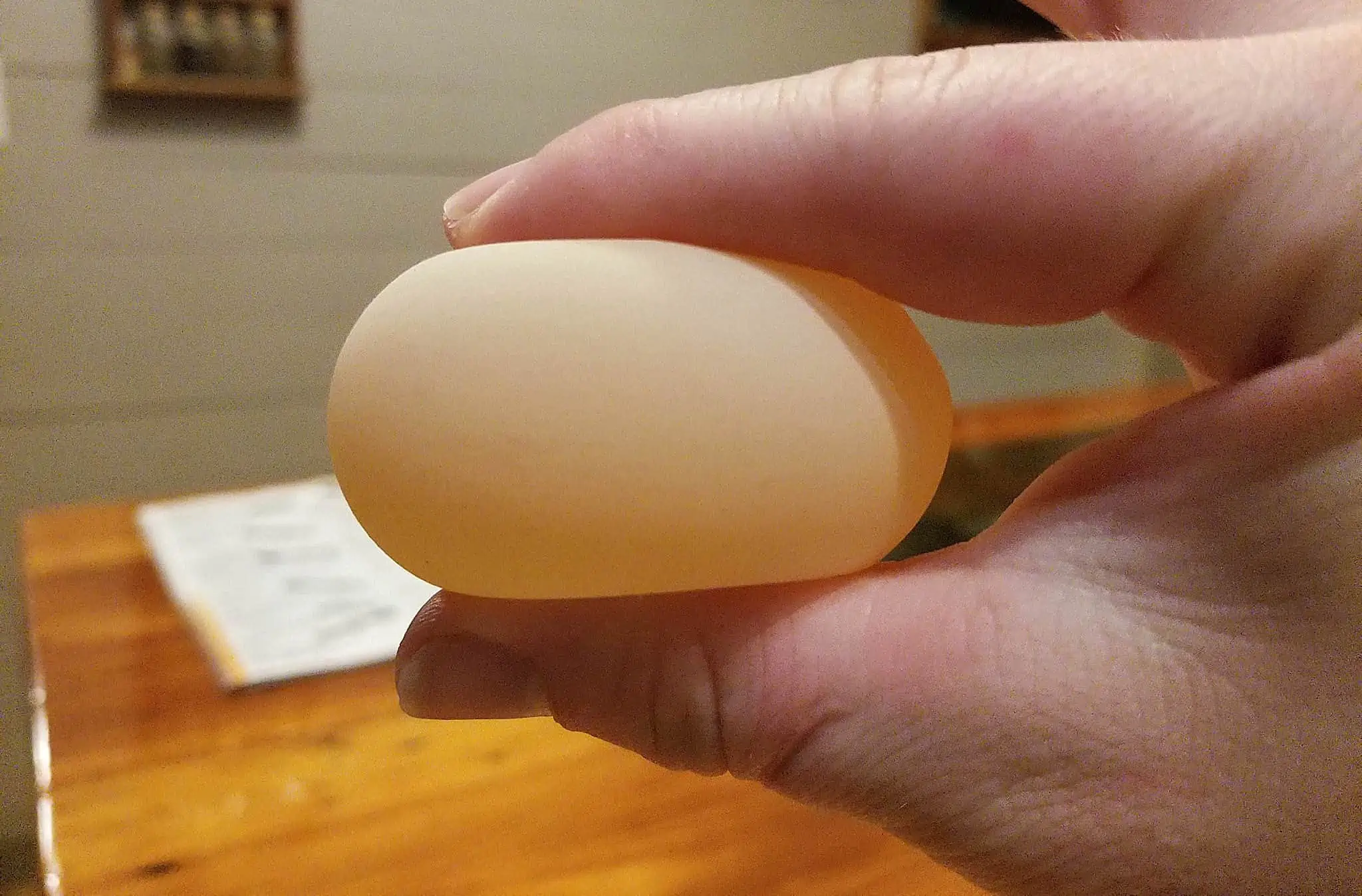
Calcium deficiency – Eggshells are almost entirely made up of calcium carbonate crystals. About 47% of the calcium necessary for their forming comes from medullary bones, while they get the rest from food, including 10% from oyster shells.
Be aware that a diet with a low calcium level quickly depletes reserves and results in soft-shelled eggs.
Manganese deficiency – This essential nutrient is responsible for eggshell and bone formation. Deficiency results in deformed and thin, soft eggshells, but it is rare since standard hens’ diet contains this essential trace element in excess.
Excess phosphorous – Be careful with food containing extra mineral phosphorous since it decreases eggshell thickness.
Vitamin D deficiency – This vitamin is crucial in calcium absorption, indirectly supporting eggshell formation. Its deficiency leads to lower laying and the production of smaller and deformed eggs, often with thin and soft shells.
The best way to prevent these issues is to let chickens spend at least part of the day exposed to sunlight. Another option is vitamin D3 supplementation.
Vitamin C deficiency – Chickens naturally synthesize this vitamin in their kidneys, but they need to intake a part with food.
This antidepressant is crucial for tissue repair, and its deficiency reduces egg production, causes laying eggs with fragile or broken shells, and increases mortality rates.
4. Overweight and obesity
Feeding hens with high concentrations of leftovers, kitchen scraps, and maize often leads to vital micronutrient shortages and obesity.
In such a situation, your chickens can’t produce quality eggs, even worsening the problem by building fat around internal organs. Eggs become low quality and with soft eggshells while their production decreases.
5. Diseases
Ill chickens sometimes produce soft-shell eggs. The most common cause for such a case is infectious bronchitis, a respiratory infection caused by avian coronavirus. Other diseases that can cause the same problem are:
- Defective shell gland
- Egg drop syndrome
- Avian osteoporosis
- Avian influenza
- Chronic respiratory disease
- Egg yolk peritonitis
- Avian intestinal spirochetosis
- Salpingitis
- Ornithobacteriosis
- Ochratoxicosis
- Mycoplasmosis
- Newcastle disease
- Oviduct infection
- Ovarian tumors
6. Genetics
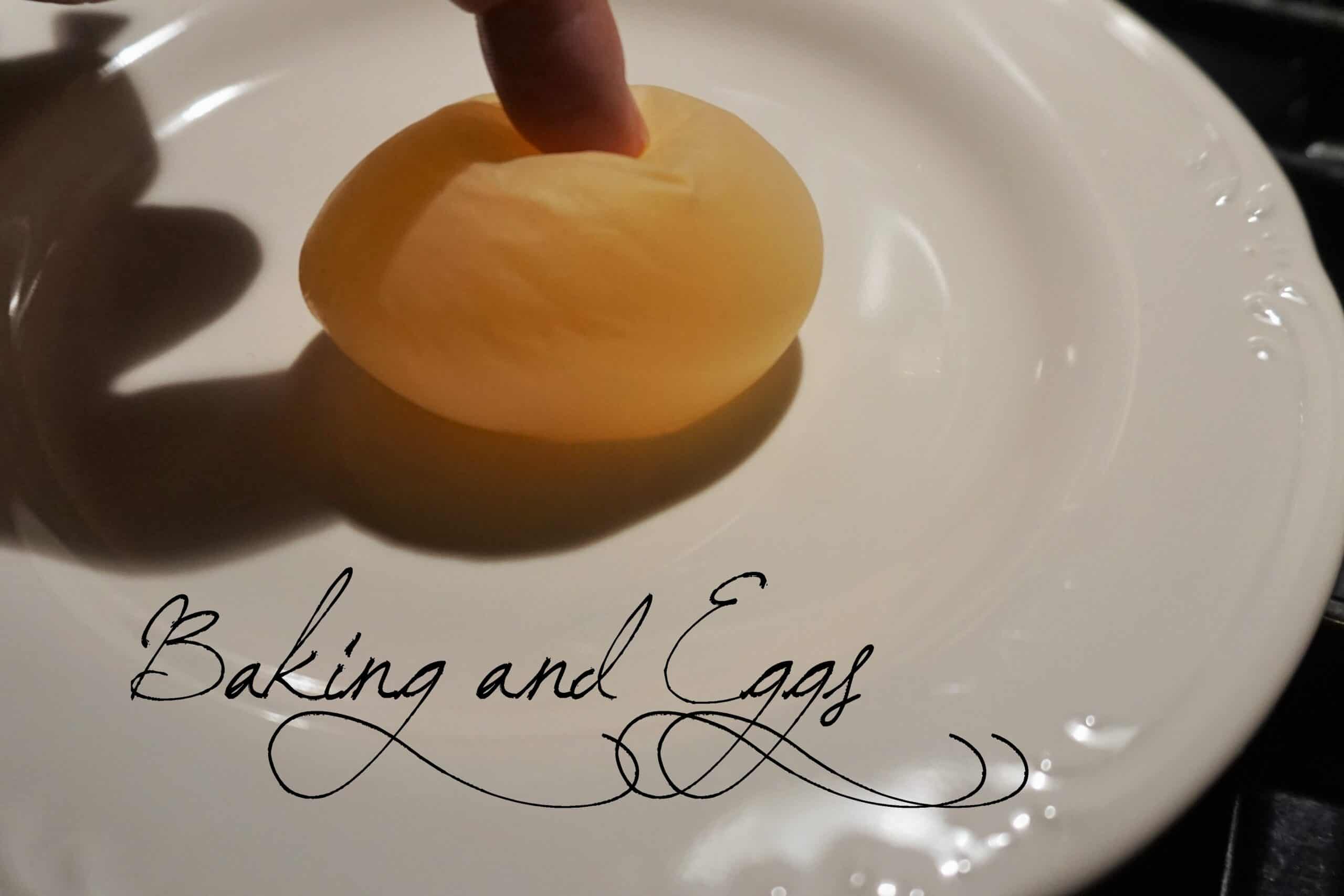
Selective breeding aims for high egg production but commonly results in reduced eggshell thickness. The reason is a drastic reduction of time from egg yolk building to egg laying.
Remember that fast-laying hens may produce two eggs a day, but they are almost always predisposed to lay those with soft shells. The same thing happens with breeds with prolonged laying periods.
7. Daylight
Chickens directly depend on the day and night length ratio because they are active during the day and sleep overnight. Photoperiod depends on the seasons, but farmers often artificially prolong the daytime to get more eggs.
Unfortunately, more than 14 to 18 hours of natural light a day often results in eggs with too-thin, soft, and fragile shells.
8. Soft-shell eggs sometimes appear without visible reasons
Sometimes, things go awry without logical explanation, and hens start producing soft-shell eggs, although they enjoy ideal living conditions and have excellent diets. Luckily, random occurrences of abnormal eggs are nothing you should worry about. It is an unexplainable incidence that commonly passes without consequences.
Soft-Shelled Eggs Prevention
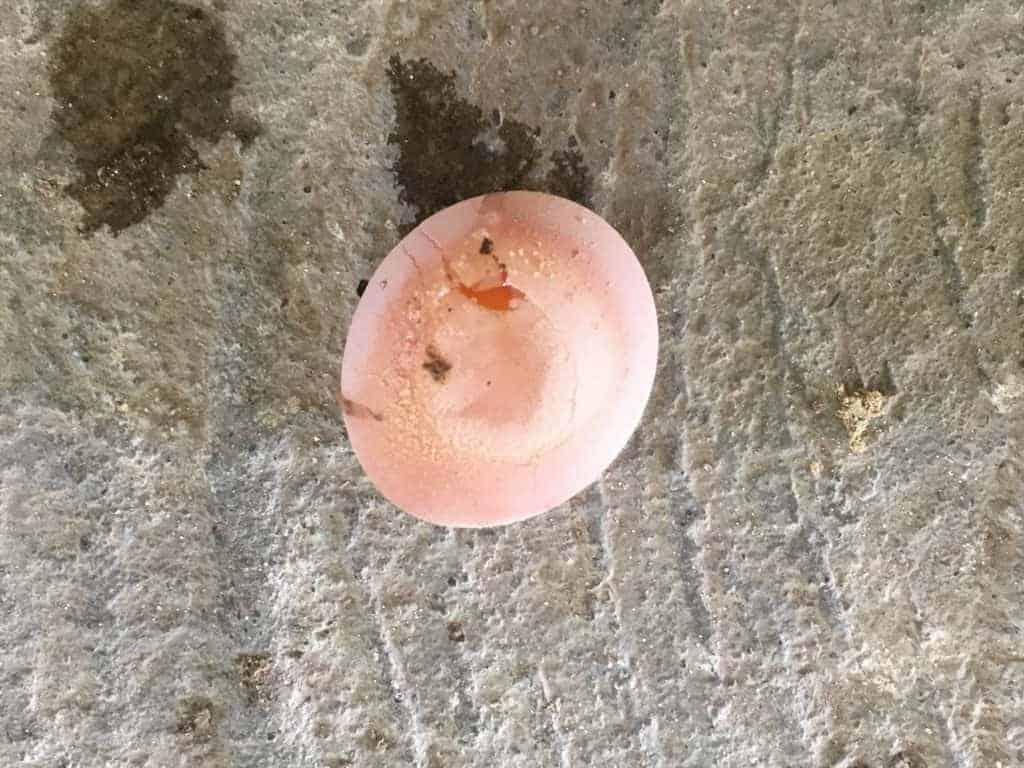
There are a few ways to prevent problems with soft-shell eggs in your hens, including:
1. Greenery
Adding calcium-rich weeds and herbs can help your hens produce healthy eggs with hard shells. The best options are plants like:
- Alfalfa and clover
- Burdock root
- Chickweed and watercress
- Dandelion and chamomile
- Lambs quarter and horsetail
- Nettle and mustard greens
- Parsley and mint
- Raspberry leaf and rose hips
2. Extra calcium
You should consider adding calcium supplements to your hens’ diet when necessary. Mix oyster shells or crushed eggshells with feed to ensure each laying hen gets enough calcium supplements. In particularly severe cases, adding liquid calcium to drinkers is an acceptable and highly efficient solution.
Be aware that hens absorb calcium differently, so it is impossible to determine the needs of each of them precisely. Therefore, approach the problem individually or offer free access to a calcium source throughout the day.
3. Vitamin D3
Let your hens spend at least a few hours outdoors daily since vitamin D is crucial for calcium absorption. If it is impossible, provide adequate supplementation.
4. Probiotics
These medicaments help the digestive tract to function properly and improve eggshell quality.
5. Veggies and fruit that interfere with calcium absorption
Be careful with adding spinach, chards, beet greens, and citrus fruits to your hens’ everyday diet. Overfeeding with these treats often causes soft-shelled eggs.
6. Apple cider vinegar
Pour a tablespoon of apple cider vinegar into 1 gallon (3.8 l) of fresh water and offer the solution to your hens. The goal is to improve calcium absorption rates.
7. Improve living conditions
Hens are hypersensitive to the bad environment and stressors. Therefore, repair and renovate the chicken coop when necessary, keep it clean and well-ventilated, and regularly maintain temperature and humidity levels. Besides, properly fence the hens’ area to keep them protected from predators.
8. Call a vet
Sometimes soft-shell eggs result from illness, primarily infectious bronchitis. In such a case, the only thing to do is to call the vet to check the entire flock and prescribe therapy. Sometimes, finding soft-shell eggs cause can be a challenging task even for experienced vets, particularly when it is the only symptom.
Summary
You can occasionally find soft-shelled eggs in a nesting box. It is expected when pullets start laying and in old hens at the end of a laying period. In most other cases, these eggs are a sign of a poor chicken diet with a low calcium level. However, the list of reasons also includes stress, inadequate temperatures, and compromised hens’ health.

